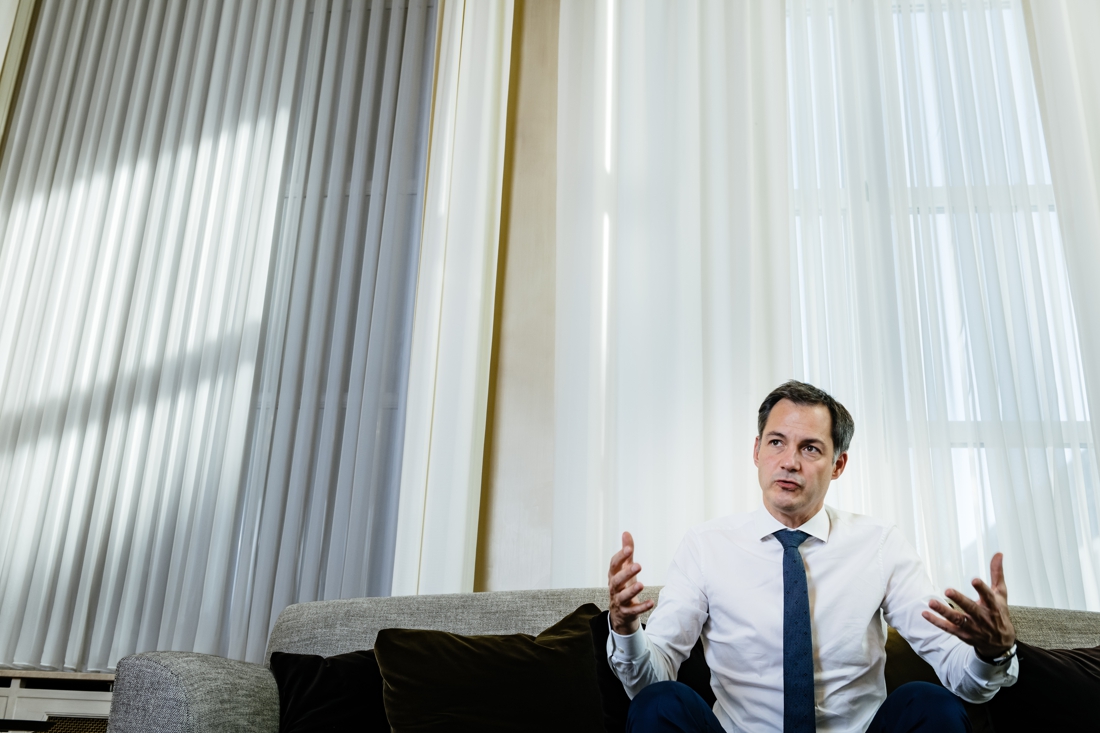According to experts, at least before taxes, the figures were in the black again in the third quarter. Business is booming, especially in investment banking, as Sewing himself announced a few days ago. “The bank is out of the woods,” says portfolio manager Andreas Thomae, convinced of the Deka fund company. “She can concentrate more on her daily business again.” On Wednesday of next week, the Frankfurters want to report on the course of the third quarter.
On average, analysts interviewed by Deutsche Bank expect a pre-tax profit of EUR 177 million for July to September next Wednesday. That is only a fraction of what US competitors such as JP Morgan and Goldman Sachs and Swiss rival UBS have earned. For Deutsche Bank it would be the third quarterly profit in a row. The pre-tax profit in the first half of the year totaled a good 300 million euros.
In the third quarter of 2019, there was a pre-tax loss of 687 million euros on the balance sheet due to the costs of the renovation, which killed 18,000 jobs worldwide. The bottom line at that time was almost a billion euros. According to analyst estimates, the bank also posted a small loss in the past quarter after deducting all payments for subordinated bonds.
Private customer business remains a construction site
Sewing said at the beginning of October that he was very satisfied with the development in the third quarter, even if the momentum had decreased somewhat compared to the first half of the year. In the summer, the trading business went at least as well as with the US rivals, said CFO James von Moltke. In the past few months, business with issuing bonds has been booming, customers have been asking for shares, currency and commodity products and, because of the turbulence on the stock exchanges, have been looking for ways to hedge their portfolios. There were also more IPOs. “The past quarter was very positive for investment banks,” says portfolio manager Alexandra Annecke from the Union Investment fund house.
As part of its shrinking program, which began a good year ago, Deutsche Bank withdrew from risky business areas such as stock trading, it also sold securities and loans in the billions and dovetailed the capital market business more with the classic corporate customer area. “Investment banking is no longer as prone to fluctuations as it used to be,” says Thomae. “In the meantime, the bank has turned the corner in the business.” The division helps to compensate for weaknesses elsewhere.
There are still problems, especially in the private customer business. According to analysts’ estimates, earnings continued to decline in the third quarter. Because of the low interest rates, it is becoming increasingly difficult for banks in the euro zone to generate adequate income. There is therefore no avoiding strict austerity measures. Among other things, Deutsche Bank is closing another 100 of its 500 branches in Germany.
Worries about rising loan defaults
Experts are also watching the impending loan defaults as a result of the Corona crisis with concern. In the third quarter, loan loss provisions for bad loans are likely to decline, as is the case with US competitors. But Annecke warns that concrete predictions are difficult because of the increasing number of infections. “The situation is getting worse again. The question is how robust the banks’ forecasts are and how loan defaults will develop in the next year.”
In the second quarter, the Frankfurt company increased loan loss provisions by 600 million to 761 million euros. This is the climax, said Sewing in the summer. However, the financial supervisory authority BaFin warned several times against proclaiming the end of the crisis too early. It is unpredictable how the economy will develop and how many loans will still fail. Economists assume that corporate bankruptcies will increase well into the coming year.
(Reuters)
–


